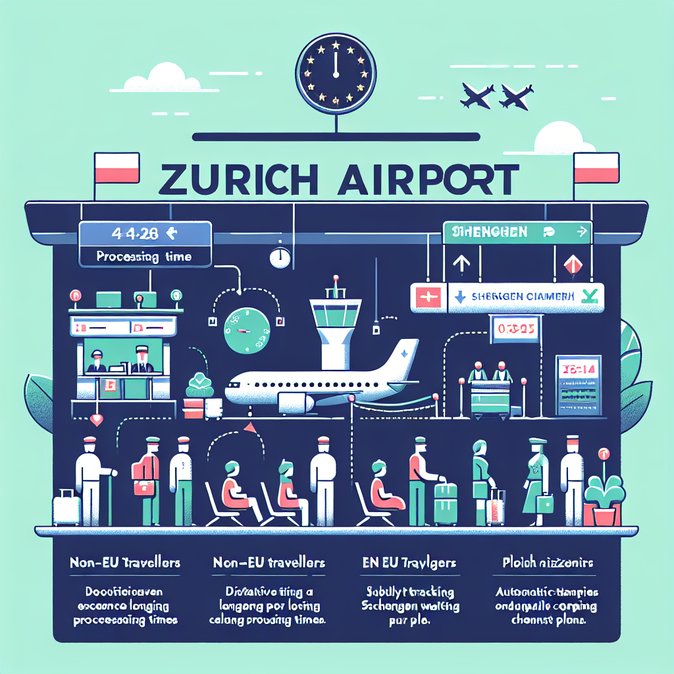
The Swiss Federal Council confirmed on 19 November that 2026 quotas for foreign workers will remain unchanged: 4,000 short-term (L) and 4,500 long-term (B) permits for non-EU/EFTA nationals, plus separate sub-quotas for EU/EFTA-based service providers and post-Brexit UK citizens.
Although Swiss quotas have been undersubscribed in 2025—only 52 % of third-country slots were used by September—the decision gives employers predictability and shields the politically sensitive issue of immigration from referendum pressure. For Polish multinationals seconding engineers or consultants to Swiss sites, the message is clear: apply early, especially for service-provider (project) permits that historically exhaust fastest in Q4.
![Swiss Government Freezes 2026 Work-Permit Quotas—Implications for Polish Firms]()
Assignments under 120 days remain outside the quota but still require notification; however, overstays trigger penalties and jeopardise future allocations. Mobility teams should therefore audit Swiss day-counts before year-end and consider converting rolling short-term trips into a single B-permit to avoid quota surprises.
Strategically, Bern’s stance mirrors Warsaw’s own cautious openness—both countries aim to plug skills gaps while maintaining tight political control. Companies operating on both markets can leverage this stability for medium-term workforce planning, but must not assume easier access: compliance hurdles (housing proof, salary parity) remain strict.
Talent vendors advise bundling applications with relocation support (housing search, integration courses) to convince cantonal authorities that assignments will succeed and permits will not be wasted.
Although Swiss quotas have been undersubscribed in 2025—only 52 % of third-country slots were used by September—the decision gives employers predictability and shields the politically sensitive issue of immigration from referendum pressure. For Polish multinationals seconding engineers or consultants to Swiss sites, the message is clear: apply early, especially for service-provider (project) permits that historically exhaust fastest in Q4.

Assignments under 120 days remain outside the quota but still require notification; however, overstays trigger penalties and jeopardise future allocations. Mobility teams should therefore audit Swiss day-counts before year-end and consider converting rolling short-term trips into a single B-permit to avoid quota surprises.
Strategically, Bern’s stance mirrors Warsaw’s own cautious openness—both countries aim to plug skills gaps while maintaining tight political control. Companies operating on both markets can leverage this stability for medium-term workforce planning, but must not assume easier access: compliance hurdles (housing proof, salary parity) remain strict.
Talent vendors advise bundling applications with relocation support (housing search, integration courses) to convince cantonal authorities that assignments will succeed and permits will not be wasted.


